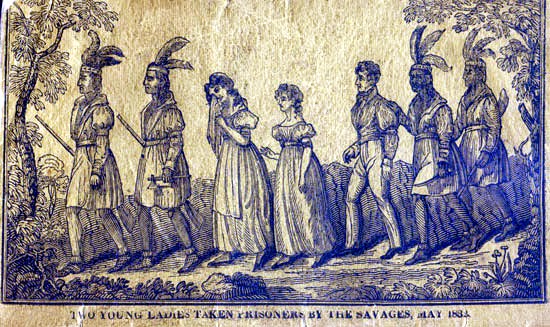Rowlandson and the Puritan View of Self
It is apparent throughout the whole passage that Rowlandson and other Puritans believe in the wild ferocity of the Indians. Rowlandson says, “I had frequently remarked before that that, if the Indians were to approach, I would rather be slaughtered by them than captured alive. (Spanish Rowlandson 271). It is apparent that Rowlandson and other Puritans are unaware of the Indian people and their culture, and even their reasons for the destruction of their houses and territories, by explicitly addressing the concept of barbarism with these ravenous monsters. Rowlandson regards the Indians as “gracious reprobates” from Satan (Rowlandson 270). In the book, Rowlandson depicts rites of the “heathens,” where they sing and dance and “make the area like a vivid hell.” (Rowlandson 271). Your unchristian lifestyle is unusual, and your first inclination is to tie your actions to the demonic rituals. However, she maintains a quiet stance hoping that she or her injured, dying daughter will not be damaged. Rowlandson finally gets too weak to move, and the Indians “like monstrous beings, grin and are glad to see it” (Rowlandson 272). The Indians do little to soothe Rowlandson on their long trek across the rugged countryside of the wilderness of New England. Her only shelter is to find solace in her Bible and hope that amid these challenging times, God would rescue her.
Rowlandson says she repeatedly declared that she preferred death rather than prison if the Indians attacked (Rowlandson 8). However, when she sees the sharp weapons and the fury of their attacks, she bends her will and hopes that the Lord would help her live. Because she is one of the few survivors, her request was heard. At the commencement of the Third Remove, she learns that she strengthens her Puritan faith by God’s graceful and gracious acts. “How thoughtless I have been in the sacred time of God, how many Sabbats I missed and misspent, and how bad I walked in God’s eyes,” Rowlandson says her inability to worship on the Sabbath (13). God has the right- in her thinking to strike her down and throw her out from His sight but instead chooses not to help her survive. She understood that he needed “to harm with one hand…and heal with another” (14) to educate her. This subject continues throughout the narrative until the conclusion she states, “The power of God is now as powerful and adequate to rescue, as when it saved Daniel in the den of the lion or the three children in the blazing furnace” (80).
Rowlandson emphasizes the degree of her confinement and the terrible conditions she is exposed to in her account. After the captivity by the Wampanoag Indian tribe of Rowlandson, Rowlandson is exposed to many challenges in the backwoods of New England. However, despite her difficulties and suffering, Rowlandson recognizes God’s mercy again and again. Rowlandson reaffirms her conviction in divine providence and God’s benevolence by emphasizing the Puritan views and underlining Rowlandson’s belief in God and reveals her inertial of her one-time clear understanding of the final separation entre civilization et savagery. This insecurity is most remarkable when Rowlandson suffers a subconscious transformation that enables her to study the contrast between the authentic Indian and Puritan stereotypes.







